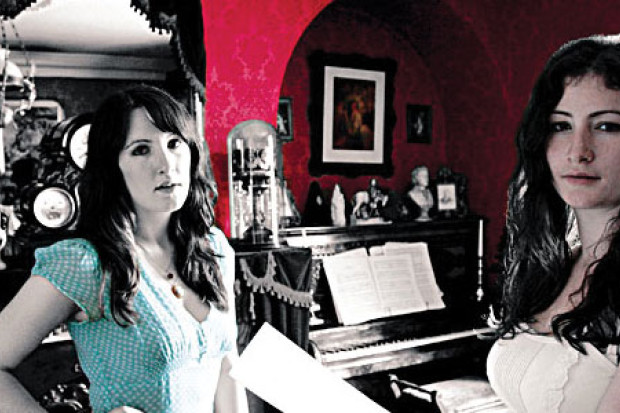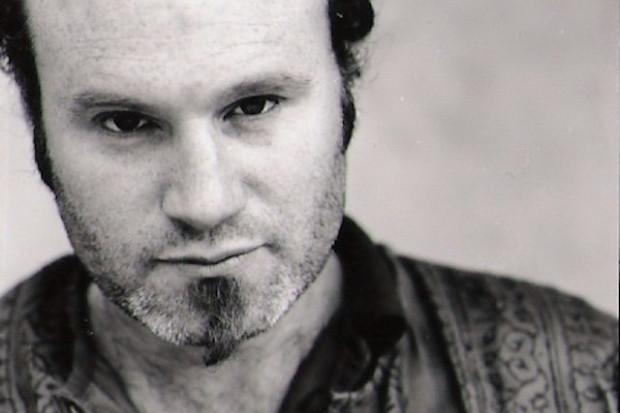For Two Euros More?
Are artists misrepresented abroad? Are promoters deliberately misleading audiences and doing a disservice to the performers of Irish music and Irish music in general? Is there a need to protect our valuable traditional music ambassadors?
For many of the traditional and contemporary artists that are currently classified as within the ‘Irish traditional music’ category, touring is often the primary source of income. Artists or their agents/managers spend a good portion of their year arranging gigs, booking festivals and coordinating dates on the road. Given the genre, heavy rotation play on MTV isn’t an option, and in most cases royalty payments do not make up the bulk of an artist’s wage packet, therefore fees from appearances at gigs and the revenue from CD sales at these gigs are absolutely crucial for an artist’s survival.
Touring is hard work, enjoyable for many reasons but damned hard work. For most artists I know the performance, that one and a half hours on stage playing for an appreciative audience, is the whole focus of the day. There are many little crises to overcome during the average day on the road – 5.30 am flights, map reading in the middle of London at rush hour, arguing with airlines who proudly proclaim that they do not transport instruments anymore – but this is similar to many other businesses where a lot of time is spent on the road and accepted by many artists as necessary in order to promote their music to as wide an audience as possible. The new generation of touring traditional and contemporary Irish musicians have brought a new approach to touring and maximise their time spent on the road. Artists conduct interviews, update websites, book recording sessions, and so on, while they are travelling, and work very long but productive days on the road.
Artists also put a lot of effort, creativity and money into producing good promotional material, glossy websites and creatively packaged CDs. They want their music and their message to be well communicated and attractive to the music audience they are aiming for, like any corporate body with a message to project. There is an extremely professional approach adopted by most artists and they are entitled to expect the same from the promoters of Irish music concerts outside Ireland. I have worked with some wonderful promoters of Irish music and they have given tremendous support to a wide variety of artists on their books. However on March 27th last I witnessed one of the most blatant cases of misrepresentation and potentially damaging acts to Irish music abroad I have seen during my ten years of touring.
Protect the musicians
I was recently involved in a tour of Germany with The Irish Spring Festival featuring The Breda Smyth Band, The Red Hat Band, Coisir and Tony Davoren. All of the artists on the Irish Spring Festival tour have many years of experience in the music industry with outfits like Riverdance, Calico, Van Morrison, North Cregg and The Lahawns to name but a few. The Irish Spring Festival was well promoted and efficiently ran by Music Contact Productions, the management company in charge of the tour, and the artists were happy with the way their music was promoted to the German public. However another promoter handed around a flyer (see next page) to ticket holders gaining admission to the Irish Spring Festival concert. Here is a translation of the opening lines:
Thank you for supporting our young people this evening. It has to be said/admittedly, [that] we sometimes do this too at the Irish Folk Festival.
However, for two euros more you can experience world famous stars, living legends….
I was seething that night when I saw a bunch of traditional musicians patronised by a flash, tabloid seeking type of publicity stunt by a promoter. To patronise seasoned professional musicians who have won awards for their albums releases, live shows and original, commissioned work is blatantly wrong and sends out a very damaging message to other promoters of Irish music. In any proper regulated industry there are ways of dealing with deliberate misrepresentation and misinformation. In this instance individual bands and artists were deliberately misrepresented to an audience, many of whom were about to hear them for the first time. That is wrong and actionable and it begs a much larger question – what lengths will individual promoters go to in order to secure their ‘house-full’ signs and their own profits.
I am fully aware that Irish music is now a multi-billion euro business and that competition for audiences is fierce and never more so have the words profit/margin/bottom-line/percentages peppered so many conversations involving Irish music. This is Irish music in the twenty-first century and we must accept that it is a big business and that there will be market stunts like this pulled in order to increase revenue. For many years we have heard debates about protecting the music and those playing it have a duty to respect it, cherish it and that is correct and of national importance, but those musicians who bring Irish music abroad must also be protected too. I don’t see why artists who are doing their utmost to portray themselves and Irish music in the best possible light should have to grin and bear this nonsense. I don’t see why all that effort on rehearsing, production, creativity and travel should suddenly be belittled at the behest of some promoter who is worried about guaranteeing a crowd at events he/she is organising.
In our wonderful ‘Tribunal Age’ has the time come to establish a European Traditional Music Court of Law in Doolin where artists, and indeed record companies and promoters, could bring their grievances and obtain justice? There have been many jokes about the Traditional Music Police, but is it time to petition Michael McDowell to establish a Special Branch to investigate crimes against Irish musicians and Irish music?! Irish traditional musicians have come too far to allow their art not to be taken seriously.
Published on 1 July 2004
Diarmaid Moynihan is currently Regional Arts Coordinator for the Shannon region and a founder member of both Calico and The Red Hat Band.












